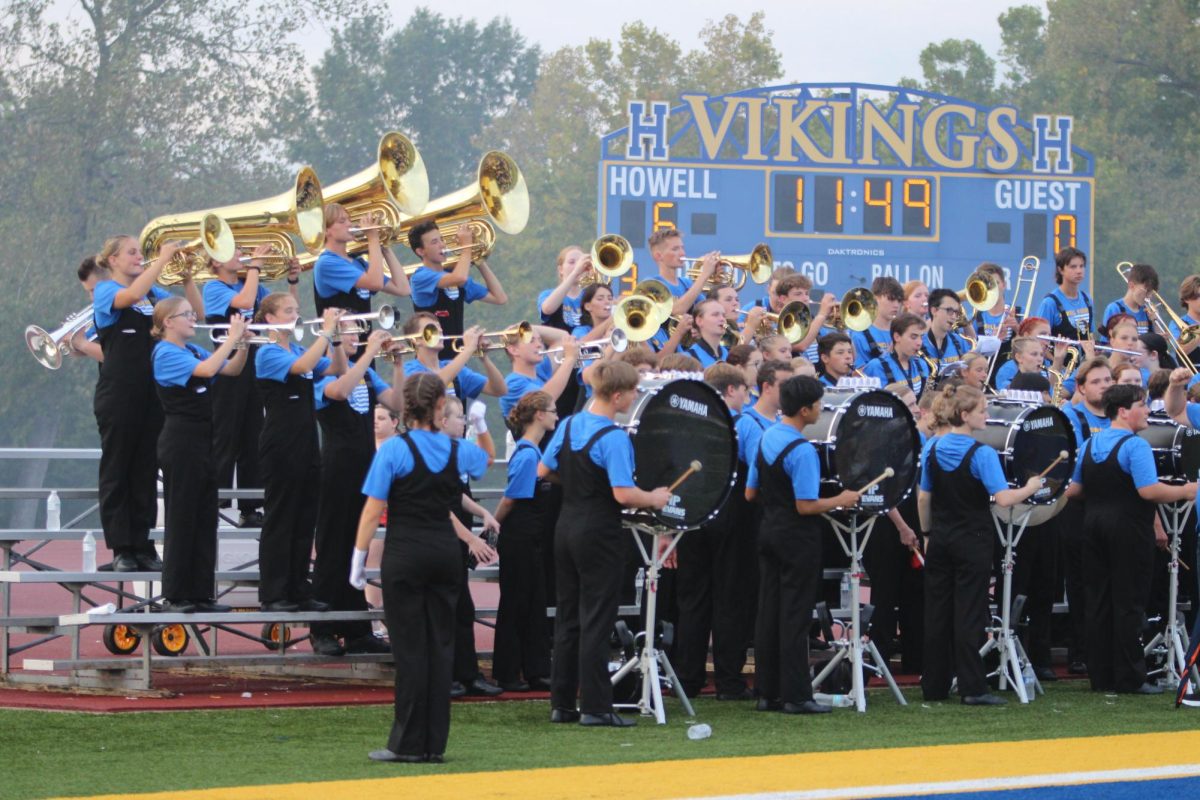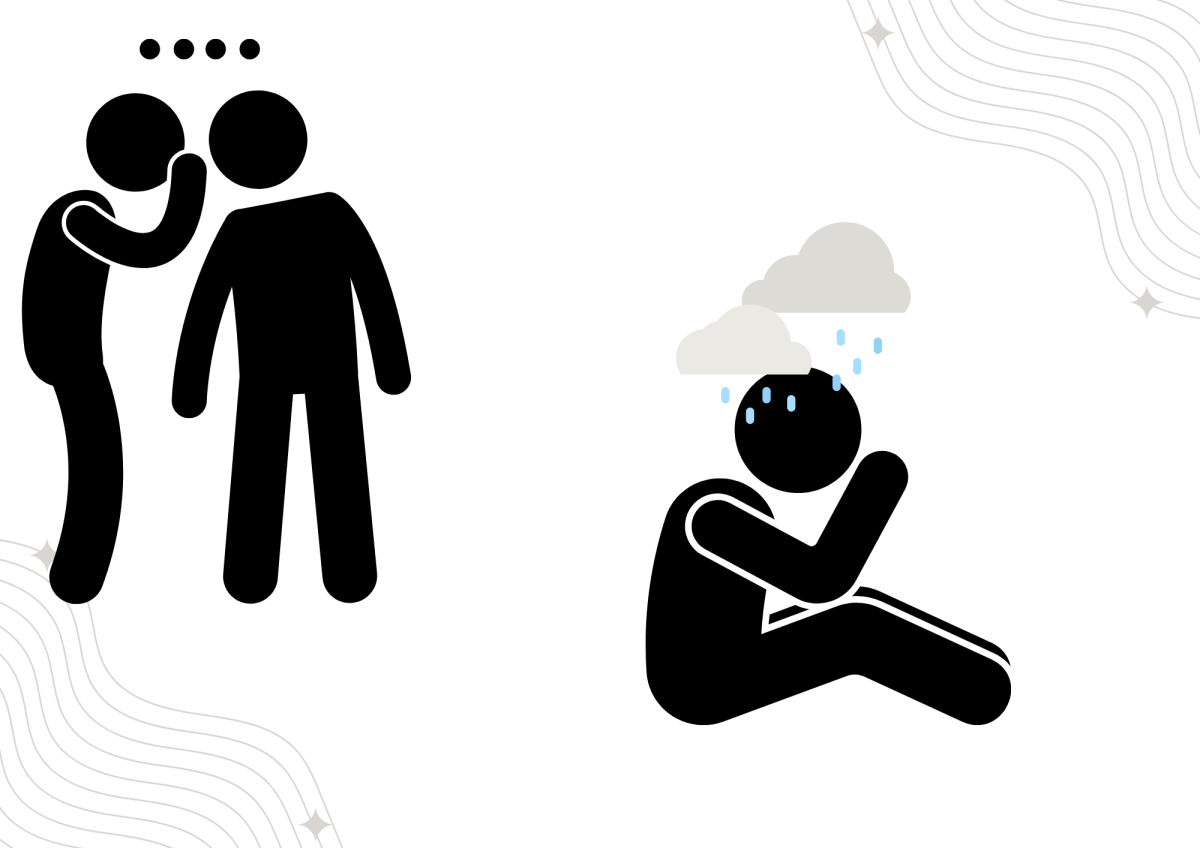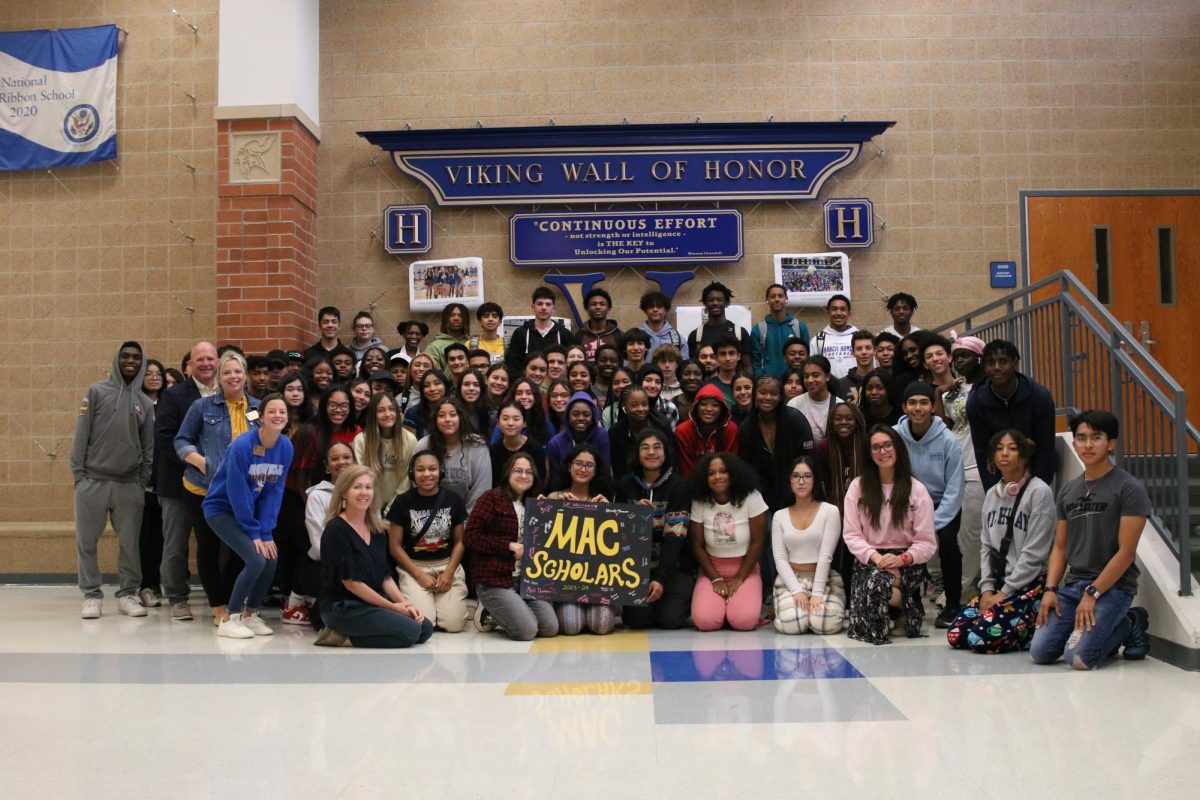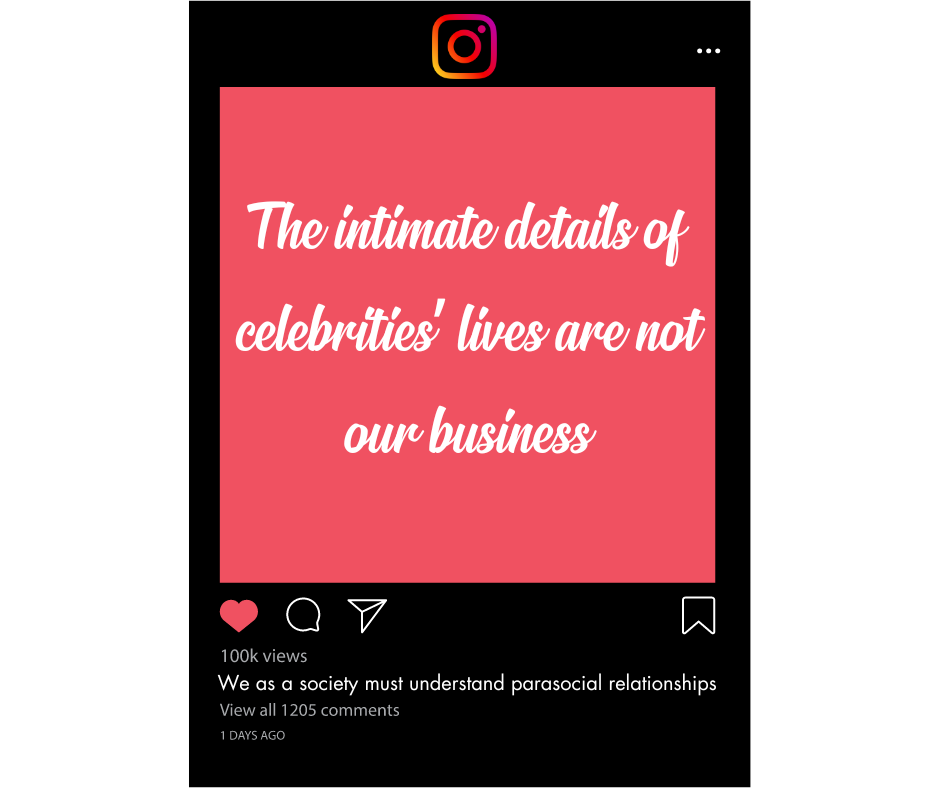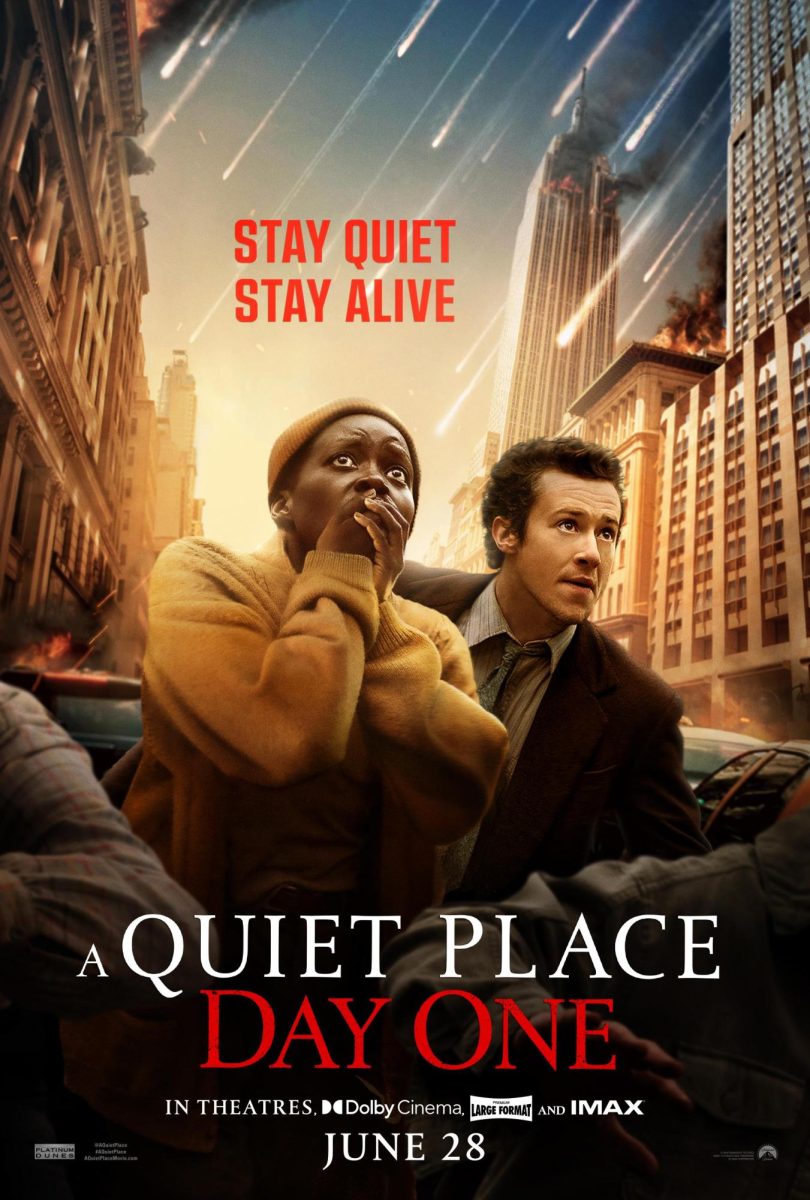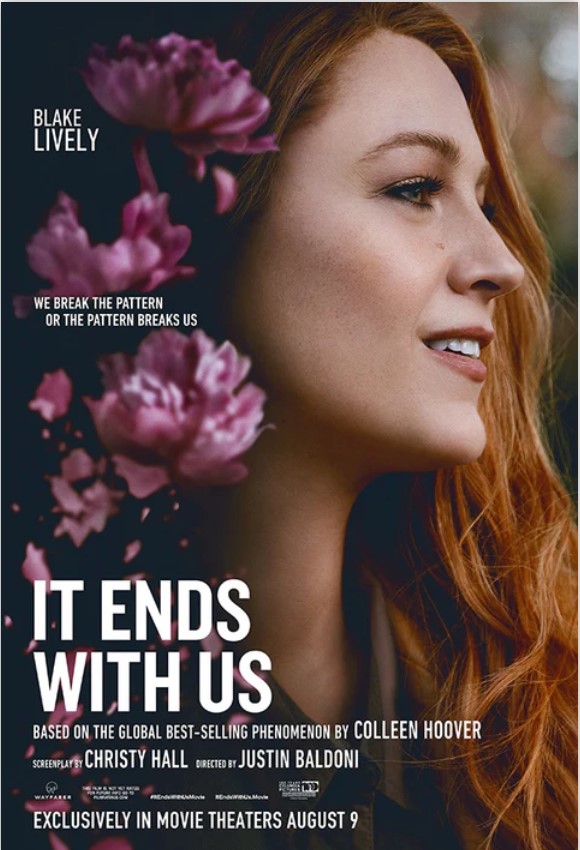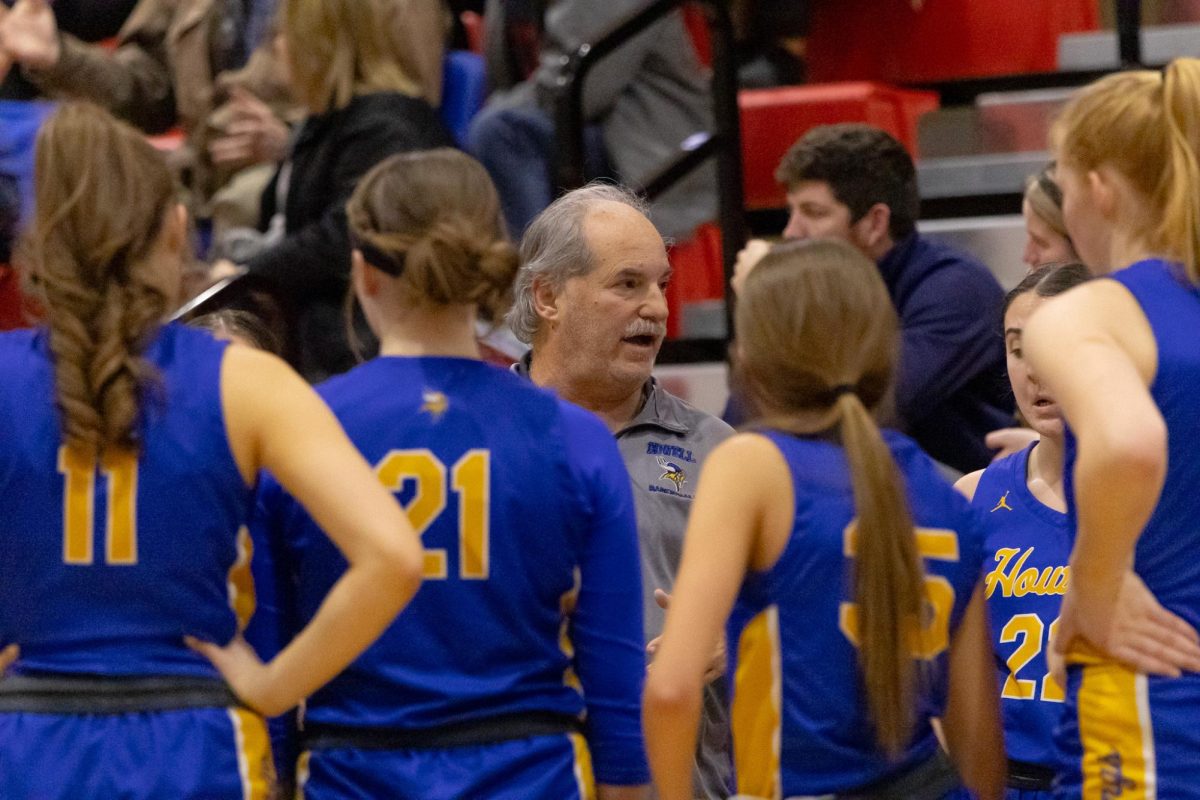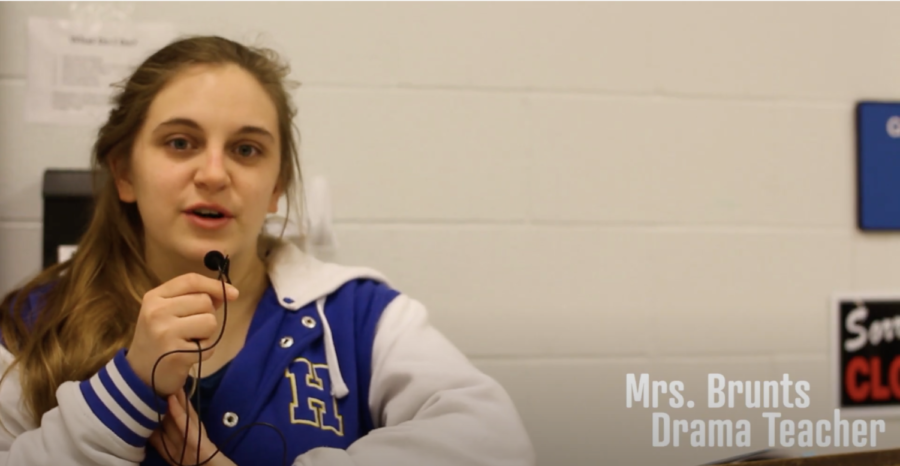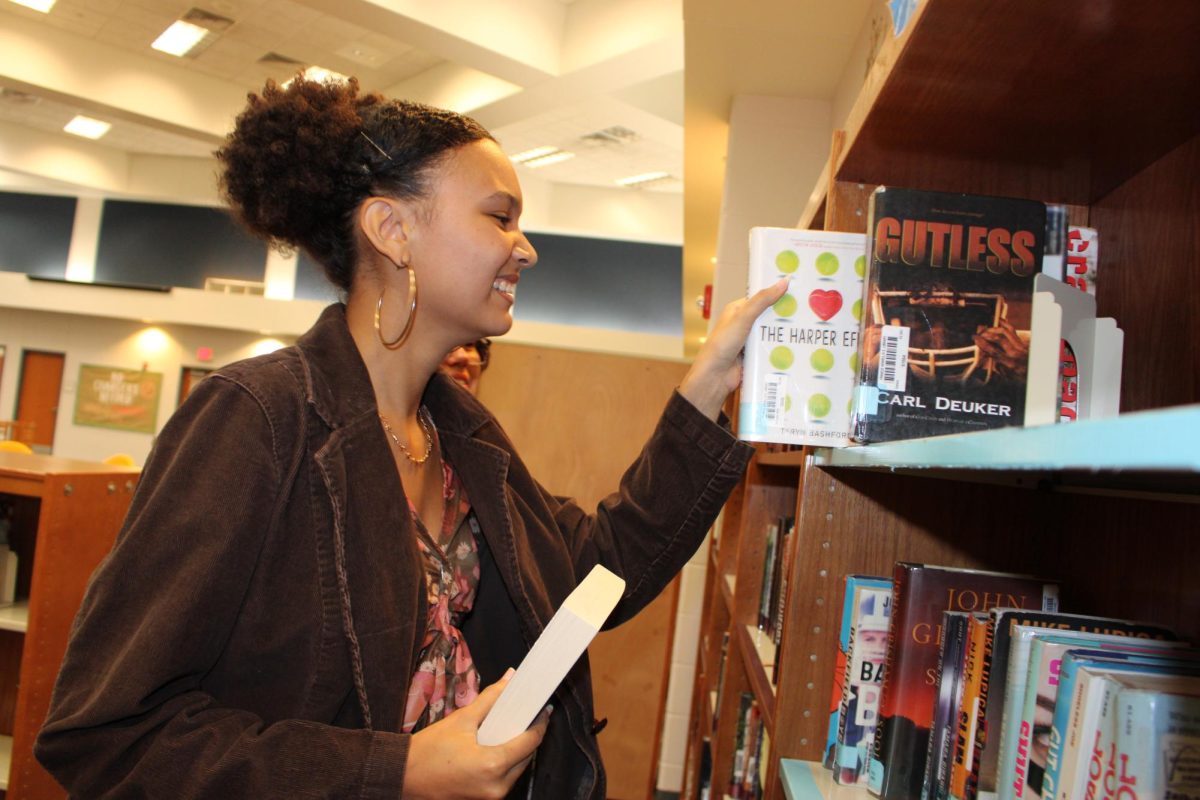The movie “It Ends with Us,” directed by Justin Baldoni, gives an emotional story about love, loss, and finding inner strength. Based on Colleen Hoover’s novel, it tells the story of Lily Bloom (Blake Lively), a woman dealing with the effects of her past and the current challenges of her present relationships. Overall, I would rate this film a solid 5/5. I thoroughly enjoyed the message this gave to the audience. The story gets across as emotional and often leaves viewers leaving the theatre in tears, including myself. The film captures the pain and confusion of living with abuse, showing how hard it can be to leave someone you love.
The movie stays true to Hoover’s best-selling book, but makes some changes to fit the screen. In the book, Lily’s inner thoughts play a big role in understanding her struggles, but the movie relies on visuals and dialogue to show her feelings. The flashbacks to her childhood, a key part of the book, are also included in the movie, although some details are shortened. The film softens some of the more intense moments of abuse from the novel, which makes the story less raw, but nevertheless powerful. Fans of the book may notice these differences, but the movie keeps the same message of strength and hope.
Lively’s portrayal of Lily Bloom in “It Ends With Us” has been praised for its depth and relatability. Critics highlight her ability to show Lily’s vulnerability, making the film’s emotional impact be felt through viewers. Justin Baldoni, who plays Ryle, gives a compelling and manipulative performance that affects viewers dramatically. The supporting cast, especially Jenny Slate as Allysa, adds a sense of lighthearted humor and warmth to the dark film, contributing to Hoover’s well-rounded film.
The movie “It Ends With Us” and the “After” movies both explore intense relationships, but their approach to abuse is different. “It Ends With Us” focuses on how love can be unhealthy and how hard it is to get out of toxic relationships. On the other hand, “After” focuses more on the ups and downs of a difficult relationship. Both movies deliver complex characters and emotional journeys, but “It Ends With Us” delivers a more empowering and serious message about self-worth and strength. “After” tends to go into romantic drama, with a lighter tone.
Both “It Ends With Us” and “The Notebook” show complicated and powerful love, but do so in different ways. “The Notebook” gives a romance that survives social pressure and years of distance, focusing on the beauty of love. In comparison, “It Ends With Us” shows a darker, more painful side of relationships. Both stories show the emotional strength of their female characters, with Allie from “The Notebook” fighting for the love she believes in, and Lily from“It Ends With Us” learning to let go for her own good. Overall, both stories leave the audience thinking about love and the sacrifices it demands.
What makes this movie so powerful is its ability to capture empathy with the audience. Lily’s journey is not just about heartbreak, but about finding her own voice and inner strength. The movie enhances the emotional depth, using light visuals in moments of hope and heavier visuals in moments of conflict. The performances make the story relatable for viewers who have experienced similar emotions or challenges.
Ultimately, “It Ends With Us” is a film that offers more than a general romance story. It is a reminder of the courage it takes to heal, let go, and move forward, and the emotional toll abuse takes. Whether you’re a fan of the book or movie, the film is a deeply touching experience that leaves a memorable experience and connection.






